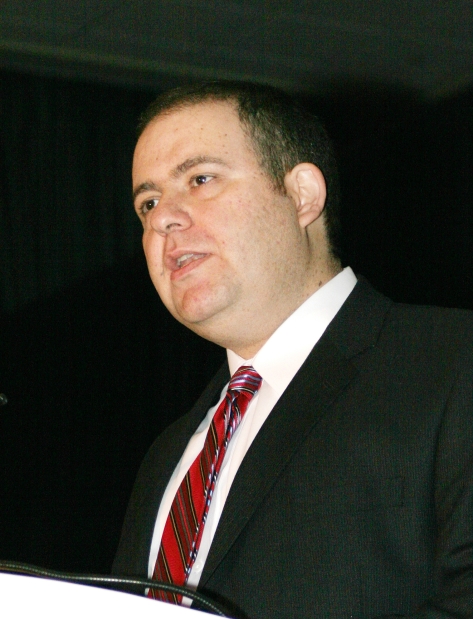April 27, 2012 - In the recent past, it was difficult to get a response to our message about the importance of patient participation. Although many people agreed that patients should become more engaged in health care, there were few actual examples of that in practice and not much opportunity to participate in a meaningful way. There was also very little demand for more information.
All of that has been changing. And in fact, our message has become very desirable.
We are not sure how the change happened. We hope that it is because more people recognize that patients must participate in the system to help improve their own experience and that of everyone associated with health care. It is also now widely agreed that health care systems must improve their capacity to treat chronic conditions. And this of course means that the patient must be more actively engaged - not only in their care, but in how that care is delivered.



